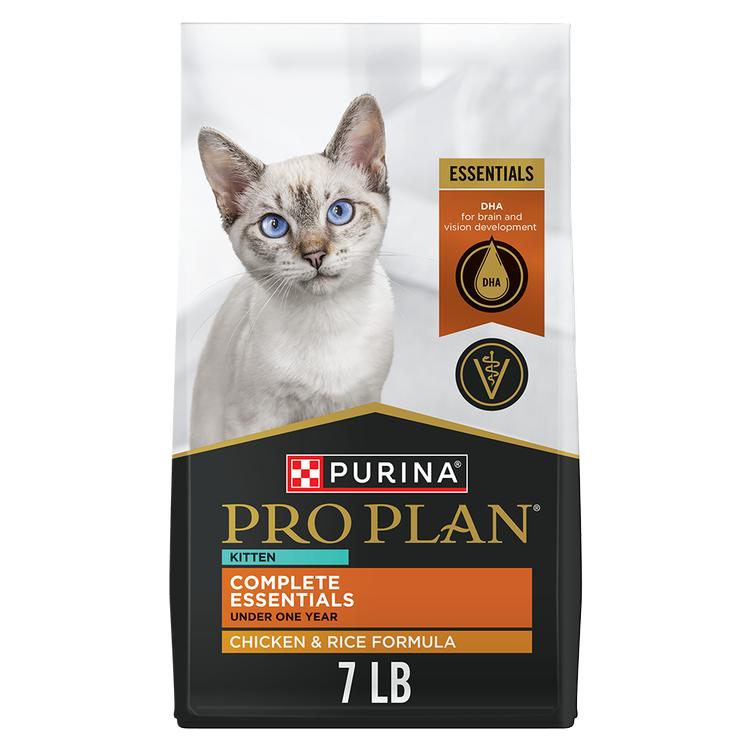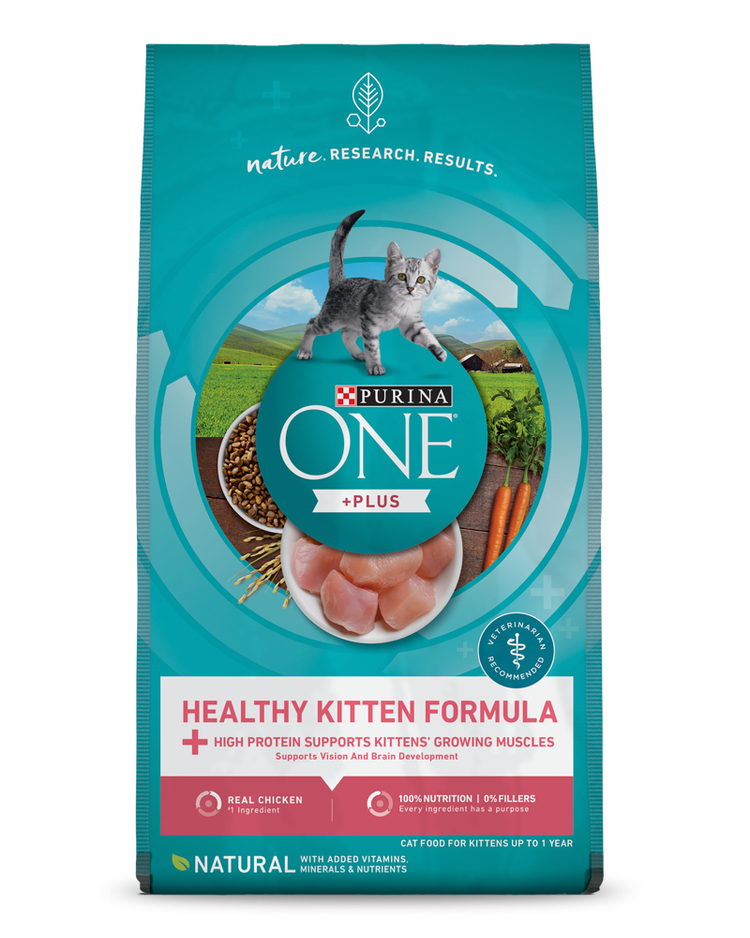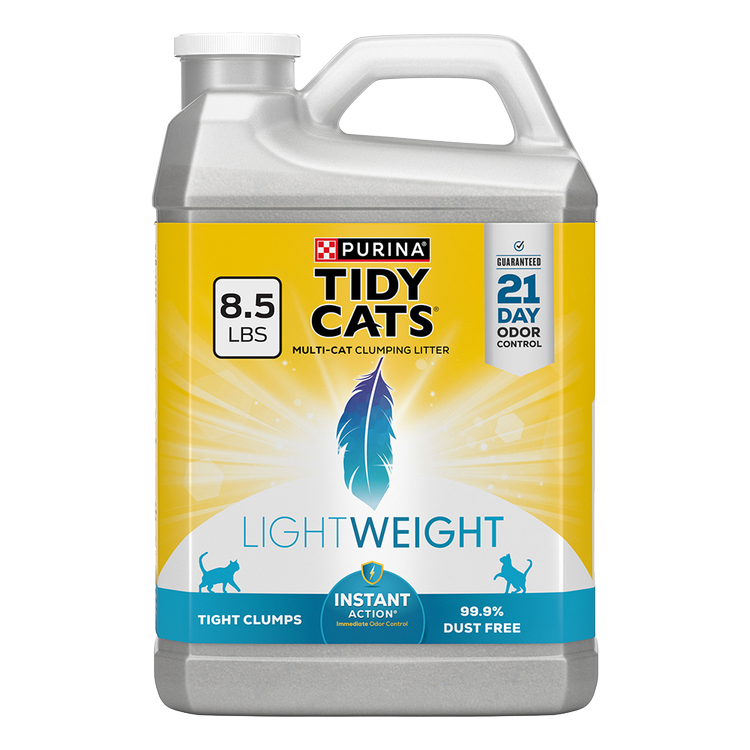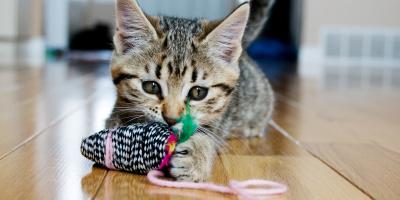When Does a Kitten Become a Cat?


Most kittens are considered adult cats when they turn one. Some larger breed cats may take longer to fully mature.
As your kitten grows and matures, they’ll learn new things and develop new behaviors and understanding of the world. These changes (along with their age) can help you track your kitten’s journey into adulthood.
Kitten Development Through the First Year
Kitten development happens rapidly. Here’s what you can expect during their first year.
- 2 Weeks: Kittens’ eyes open (vision is blurred, though) and they respond to sounds. Their eyes are blue at this stage and will remain that color for a couple more weeks.
- 3 Weeks: They begin to walk and explore. Sense of smell is well developed, but hearing is still developing, despite their ear canals being fully open at this time.
- 4 Weeks: Although they stay close to their mother, kittens become more social in week 4. Kittens’ baby teeth start erupting between 3 and 4 weeks.
- Weeks 5 & 6: By 5 weeks, kittens start running, and by 6 weeks, they play with objects.
- Weeks 7 to 16: Kittens continue to become more playful and social as they also grow and mature. Socialization and a grooming routine are important to start during this time.
- Months 5 to 6: Most kittens are close to their full size but continue to develop behaviorally and socially.
- Months 7 to 12: Growth and development slow down a bit but continue through 12 months of age.
When Do Kittens Become Adults?
Most kittens are considered adults around their first birthday. For some larger breed cats, like Maine Coons, it can take up to 18 months to 2 years to reach their full size.
Between eight months and two years of age, kittens reach their full size. During this “young adult” period, cats are playful and energetic, but perhaps less so than they were as kittens.
Proper socialization will help your cat develop into a confident, friendly cat who behaves appropriately. This can include not being stressed when around new people or other pets, during grooming and visits to the veterinarian if incorporated into your kitten’s socialization. Work with your veterinarian or a pet behaviorist as soon as problematic or concerning behaviors arise to nip these issues in the bud.
At What Age Can Kittens Eat Adult Food?
It depends on the breed and your veterinarian’s recommendations, but most kittens should make the switch to adult cat food around age one. Larger breeds may need to continue eating kitten food for several more months to ensure they get essential nutrients during their final stages of development.
Once your cat reaches full maturity, an adult cat food, also called a maintenance formula, will help them maintain their ideal body condition. It’s important to ensure they continue to get plenty of physical exercise through play, as that will also help prevent weight gain.
As your cat ages, their nutritional needs may change. It’s always a good idea to consult your veterinarian prior to making any dietary changes to address any concerns. In addition to complete and balanced nutrition and physical exercise, your cat will also need enrichment opportunities to stay mentally fit.
To learn more about kitten and cat behavior, development and nutrition from our pet experts, visit our Pet Expertise page.

Be Rewarded for Your Purina Purchases
Earn and redeem points for Purina products with myPurina app.






